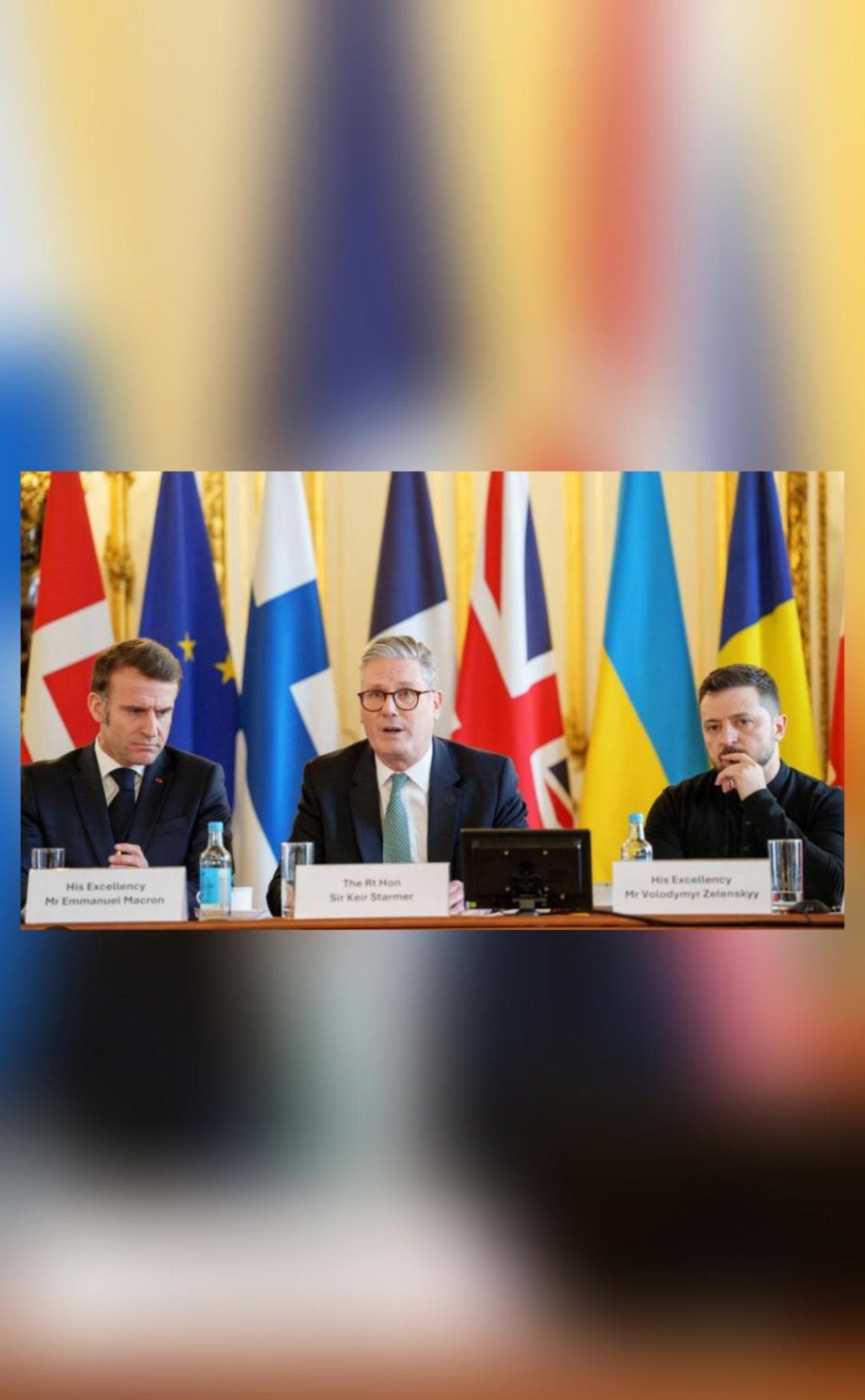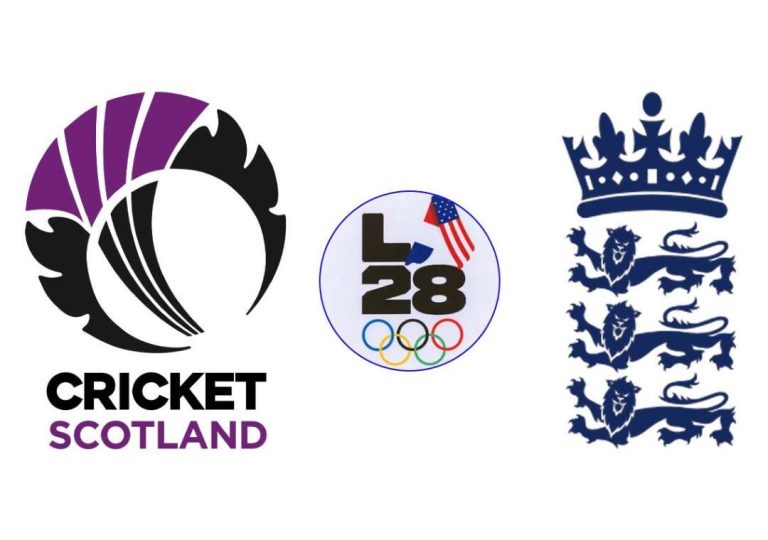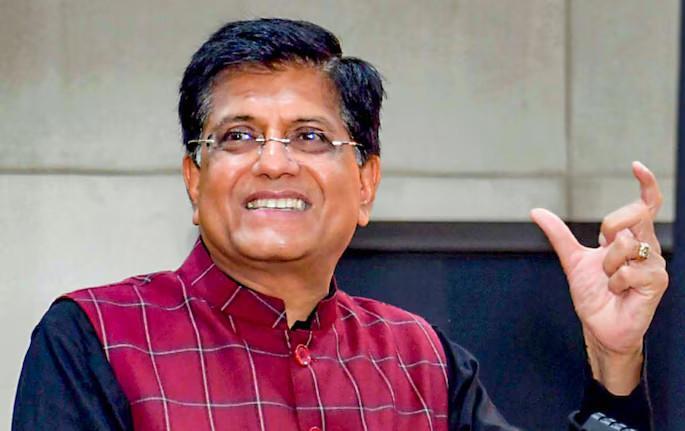
UK & France propose 1-month partial truce between Russia & Ukraine
In a significant development in the ongoing conflict between Russia and Ukraine, France and Britain have proposed a one-month partial truce that would cover air, sea, and energy infrastructure attacks, but not include ground fighting. According to the French government, European ground troops would only be deployed to Ukraine in a second phase of the proposed truce.
The proposal was announced by French President Emmanuel Macron, who said that the goal of the partial truce was to reduce the violence and create a window of opportunity for further negotiations between Russia and Ukraine. The proposal has been welcomed by Ukrainian President Volodymyr Zelenskyy, who said that he is aware of the plan and is open to discussing it.
The proposal comes at a time when the conflict between Russia and Ukraine has shown no signs of abating, with both sides continuing to exchange blows and casualties mounting. The conflict has caused widespread destruction and displacement, and has had significant economic and humanitarian impacts on both countries.
The partial truce proposed by France and Britain would seek to halt hostilities in the air, sea, and energy sectors, but would not address ground fighting. This means that Russian and Ukrainian forces would continue to engage in combat on the ground, but would refrain from launching attacks on each other’s air, sea, and energy infrastructure.
The proposal also includes the deployment of European ground troops to Ukraine in a second phase, although the exact timing and nature of this deployment are still unclear. The French government has said that the deployment would be limited to a specific area and would be focused on providing humanitarian assistance and protecting civilians.
The proposal has been welcomed by many as a potential step towards reducing the violence and creating a more stable and secure environment in Ukraine. However, it is not without its challenges and risks, and will likely face resistance from both Russia and Ukraine.
One of the key challenges facing the proposal is the lack of trust between the two sides. Russia has accused Ukraine of failing to implement the Minsk agreements, a set of peace agreements signed in 2015, and has refused to engage in further talks until Ukraine complies with its obligations under the agreements. Ukraine, on the other hand, has accused Russia of violating the agreements and has refused to engage in talks until Russia withdraws its forces from Ukrainian territory.
Another challenge facing the proposal is the risk of escalation. If the partial truce is accepted by both sides, but one side is unable to comply with its obligations, it could lead to a further escalation of the conflict. This could have significant consequences, including the potential for significant loss of life and destruction.
Despite these challenges, the proposal is seen as a positive step towards reducing the violence and creating a more stable and secure environment in Ukraine. It is also a recognition of the need for a more comprehensive and sustainable solution to the conflict, rather than simply trying to maintain a status quo.
In conclusion, the proposal by France and Britain for a one-month partial truce between Russia and Ukraine is a significant development in the ongoing conflict. While it is not without its challenges and risks, it is a positive step towards reducing the violence and creating a more stable and secure environment in Ukraine. The proposal also recognizes the need for a more comprehensive and sustainable solution to the conflict, and could potentially be a step towards a more lasting peace.






